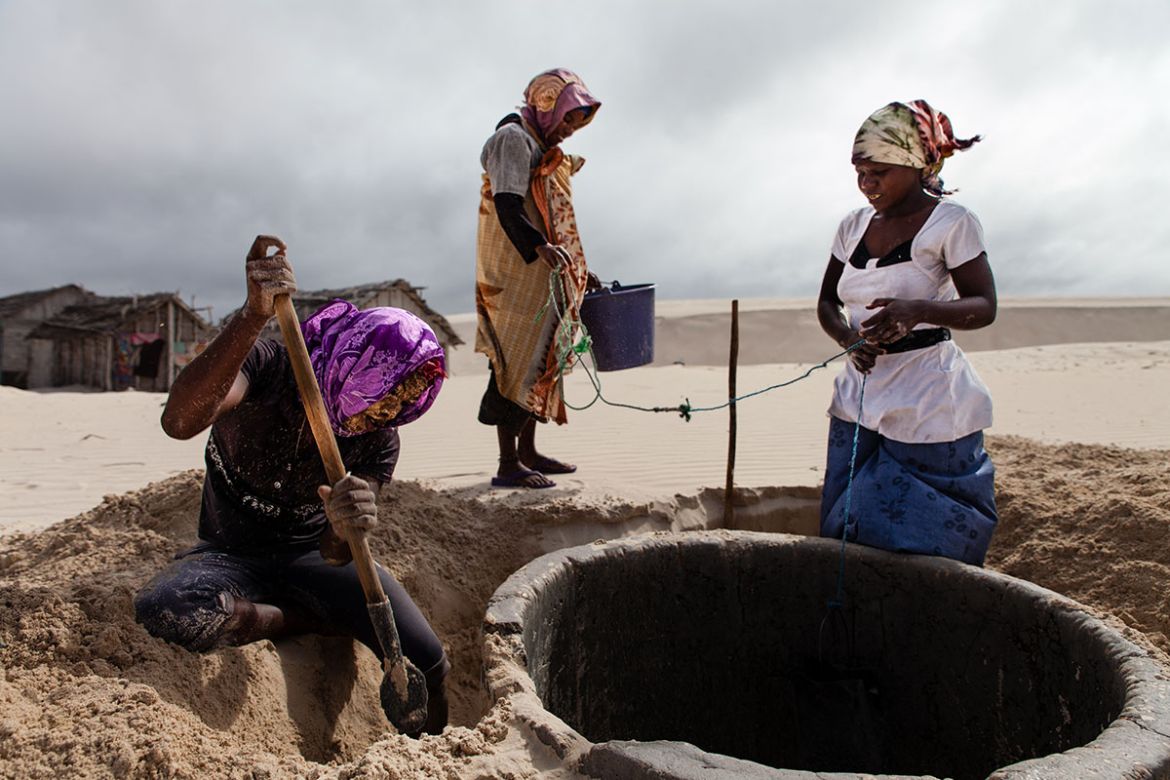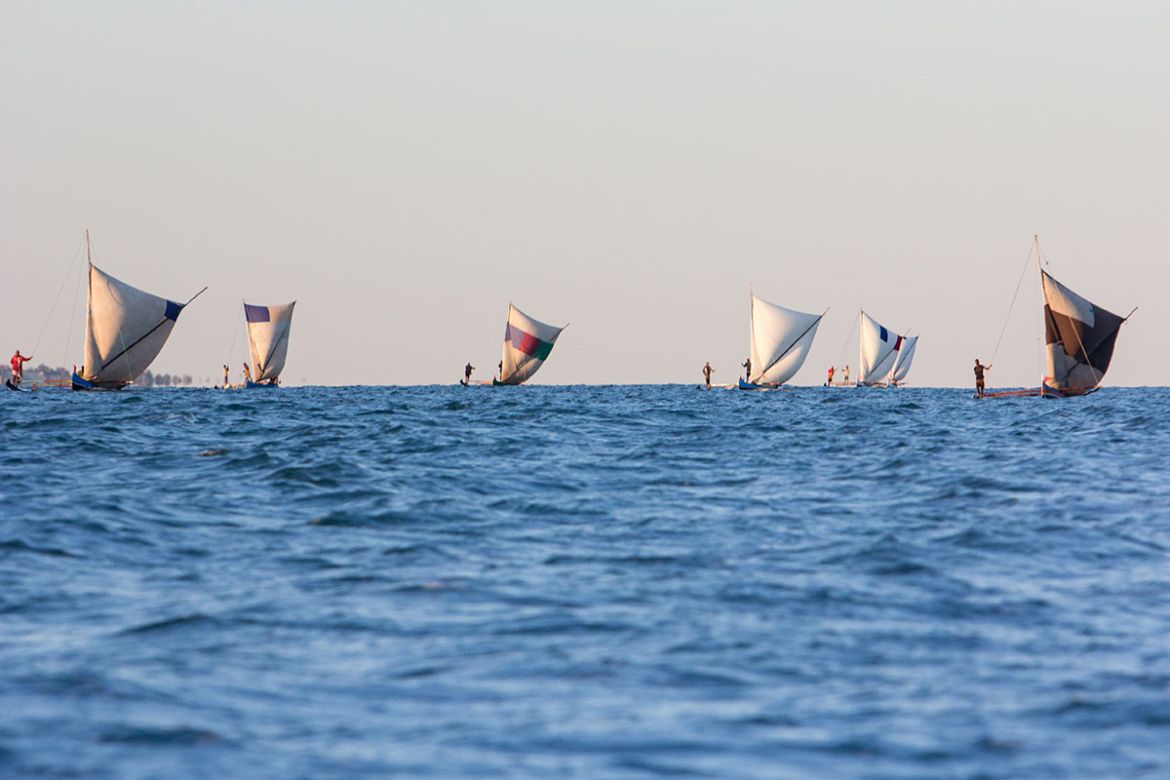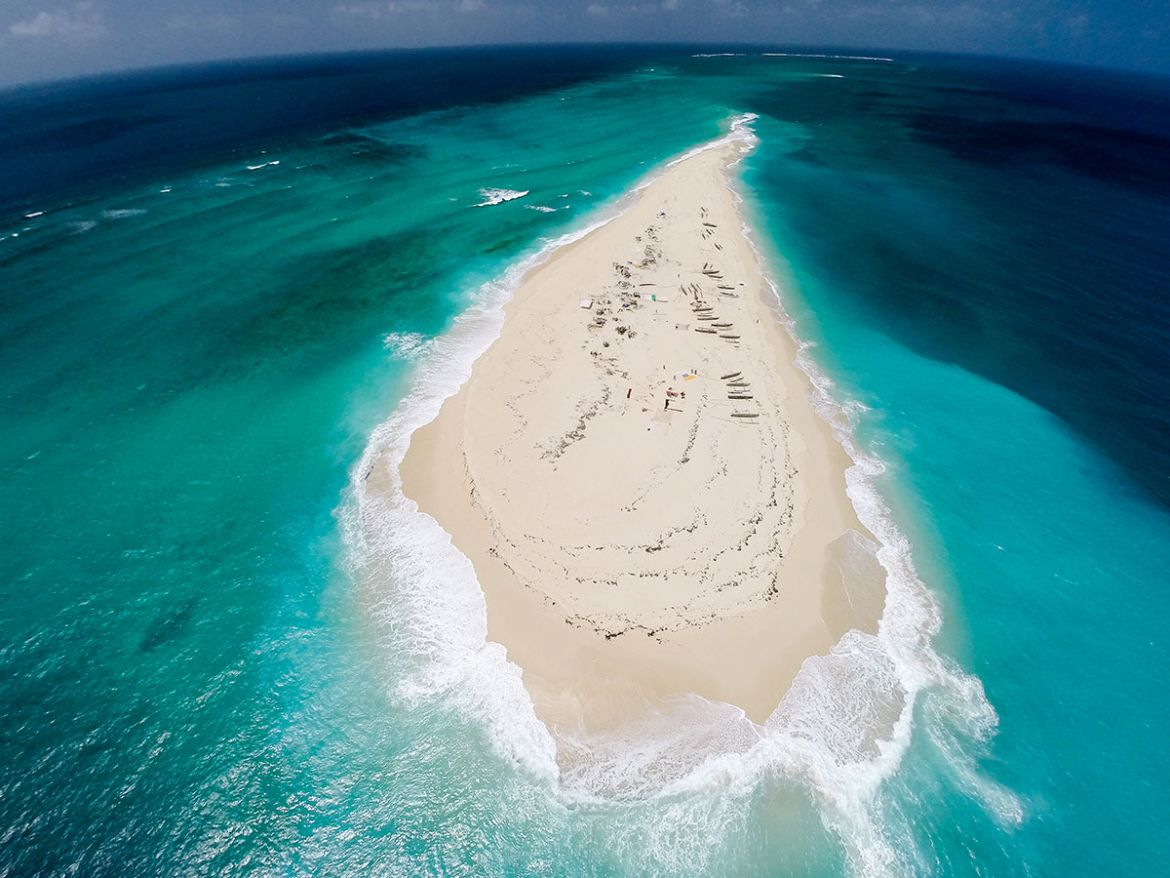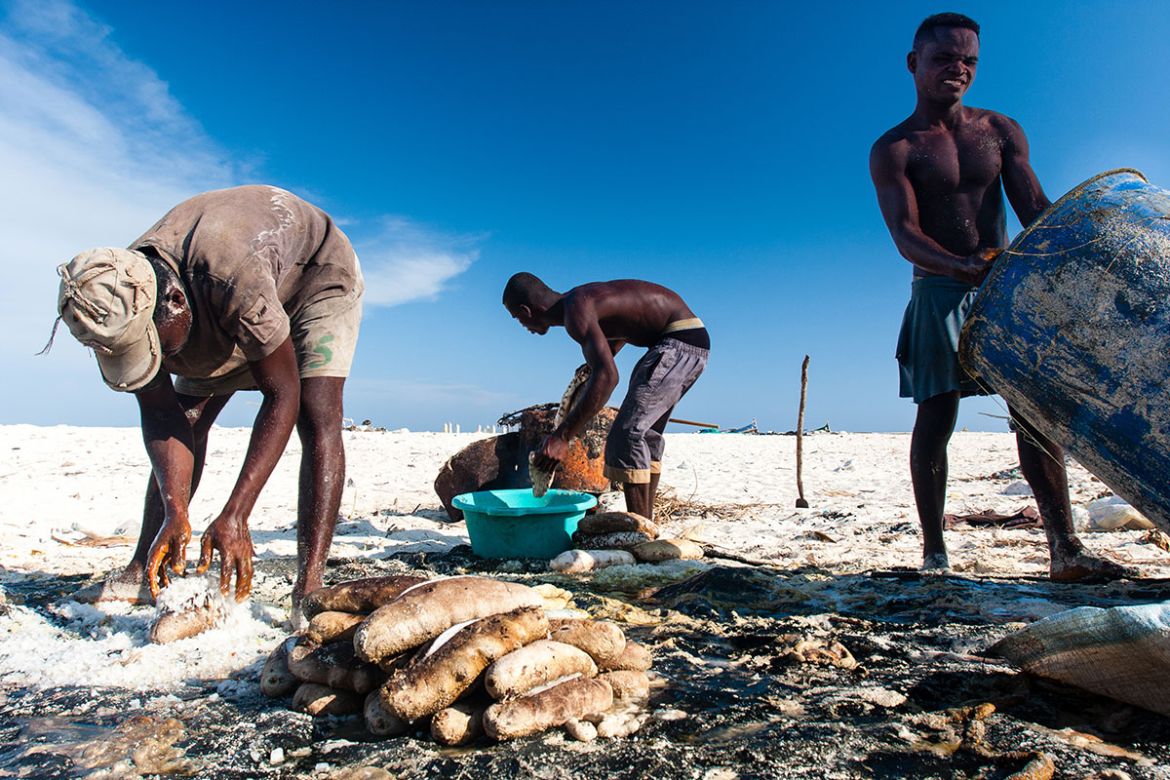In Pictures
Madagascar: On the hunt for sharks
As fisheries collapse due to overfishing and climate change, Madagascar fishermen migrate further out to find fish.
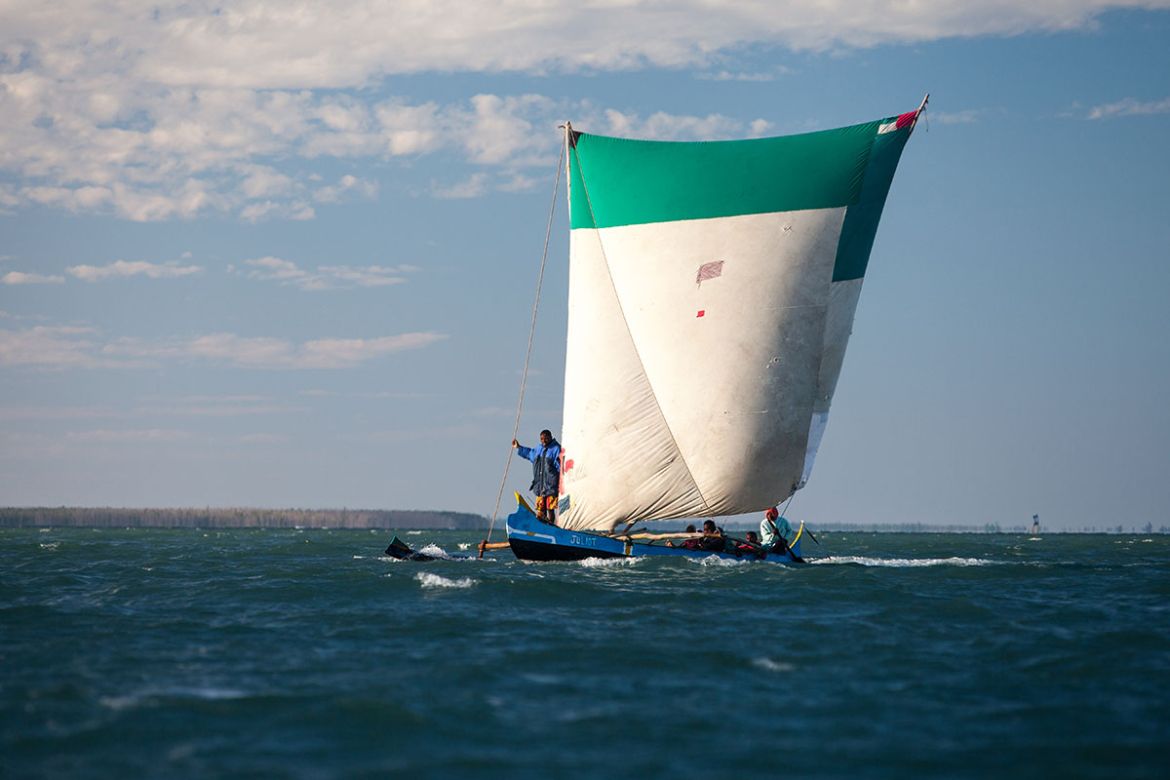
Mozambique Channel, Madagascar – Driven by the collapse of local fisheries, increasing weather extremes and poverty, as well as the opportunity to earn money by selling shark fins and sea cucumbers to the Chinese market, the fishermen of southwest Madagascar have been leaving their homes in increasing numbers and migrating greater distances to places where they can still find productive fishing grounds.
In the year 2015, natural disasters displaced nearly 19.2 million people, more than twice the number who became refugees due to conflicts and wars.
An increasing number of people are forced from their homes by environmental change – drought, cyclones, rising sea levels and collapsing natural environments that can no longer sustain them. By 2050 they will number anything from 50 million to 200 million because of global climate change.
The fishermen travel to the most remote parts of Madagascar’s west coast. Often living far offshore on tiny islands in the Mozambique Channel, they eke out a living in places with no potable water or food and no access to hospitals or schools.
READ MORE: The endangered lifeline of Madagascar’s sharks
Even in these remote seas, industrial, big-scale fishing undermines the marine ecosystem. And although they have fished in the waters for generations, the fishermen of Madagascar have no formal claim to the seas they depend on for a livelihood. The establishment of protected marine areas further close off vital fishing grounds to them.
Blue Ventures, a marine conservation NGO, and the traditional fishermen are working with the Madagascar government to create a network of community-managed marine areas. By giving traditional fishermen management rights over their fisheries and protecting them from over-exploitation by outsiders, they hope to restore the fisheries.

